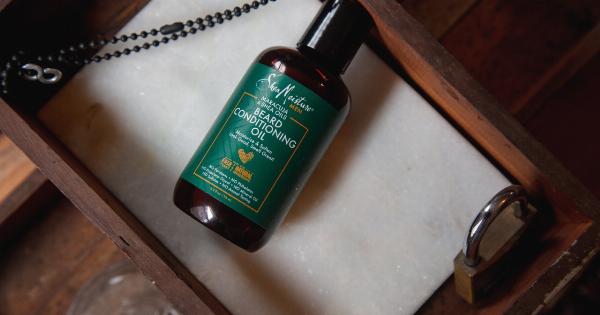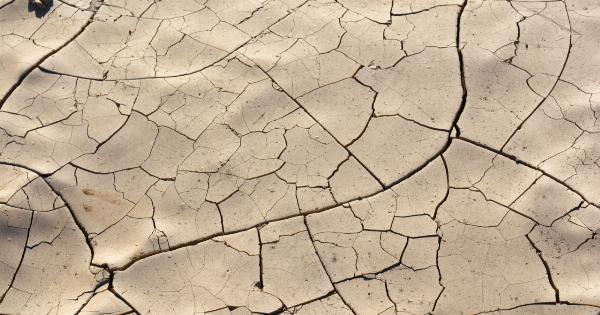Dry hair is a common issue that affects many people around the world. It can be caused by a number of factors, including genetics, environment, and hair care practices.
Understanding the science behind dry hair can help you identify the root cause of your hair dryness and find the right treatments to restore your hair’s health. In this article, we’ll explore the causes and cures of dry hair.
What Causes Dry Hair?
There are several factors that can contribute to the dryness of your hair, including:.
1. Genetics
The natural texture of your hair is determined by your genetics. People with curly or kinky hair tend to have drier hair than those with straight hair.
This is because the natural oils from the scalp have a harder time traveling down the hair shaft in curly or kinky hair.
2. Environment
Environmental factors such as sun exposure, humidity, and wind can also contribute to dry hair. When your hair is exposed to the sun, the UV rays can damage the hair cuticle, which can lead to dryness, brittleness, and breakage.
Dry or humid air can also strip the hair of its natural oils, leaving it dry and prone to breakage.
3. Hair Care Practices
The way you care for your hair can also contribute to its dryness. Excessive use of heat styling tools such as flat irons, curling irons, or blow dryers, can damage the hair cuticle, leading to dryness.
Chemical treatments such as hair dyes, relaxers, and perms can also cause dryness and damage to the hair. Over-washing your hair can strip it of its natural oils, leaving it dry and brittle.
How to Cure Dry Hair
If you’re experiencing dry hair, there are several things you can do to restore your hair’s health:.
1. Hydrate Your Hair
One of the best ways to combat dry hair is to hydrate it. Use a moisturizing shampoo and conditioner to help add moisture to your hair.
Look for products that contain ingredients such as coconut oil, shea butter, or argan oil, which are all great for adding moisture to the hair.
2. Use Less Heat Styling Tools
If you’re using heat styling tools on your hair, try to limit the use and use a heat protectant spray or serum before styling. Let your hair air dry as often as possible, and avoid using hot tools on wet hair.
3. Limit Chemical Treatments
If you’re experiencing dry hair, it’s best to limit the use of chemical treatments such as dyes, relaxers, and perms. These treatments can damage the hair cuticle and lead to dryness.
If you must use these treatments, make sure to use a deep conditioning treatment afterwards to help restore the moisture to your hair.
4. Use a Hair Mask
A hair mask can be a great way to give your hair an extra dose of moisture. Look for a hair mask that contains natural ingredients such as avocado, honey, or banana, which are all great for adding moisture to the hair.
Apply the hair mask once a week to help restore the moisture to your hair.
5. Protect Your Hair
Protecting your hair from environmental factors can help prevent dryness. Wear a hat or scarf when you’re out in the sun or wind to help protect your hair from damage.
Final Thoughts
Dry hair can be a frustrating issue to deal with, but with the right treatments, you can restore your hair’s health and vitality.
By understanding the science behind dry hair and identifying the root cause of your hair dryness, you can find the right treatments to help restore your hair to its healthy state. Remember to hydrate your hair, limit your use of heat styling tools and chemical treatments, use a hair mask to add moisture, and protect your hair from environmental factors to keep it healthy and strong.




























